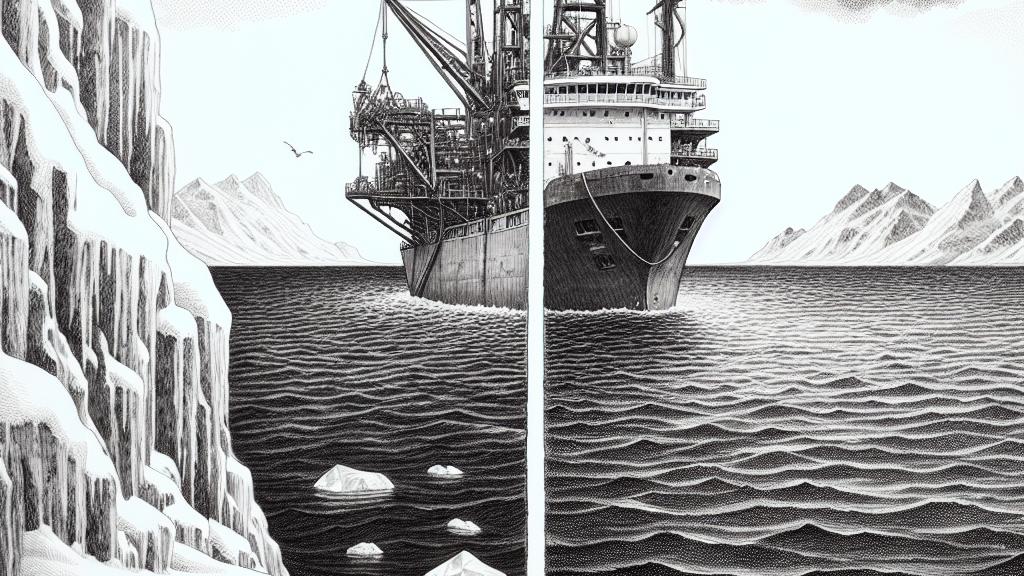Norway Suspends Plans for Deep-Sea Mining Amid Environmental Concerns
Overview
- Norway pauses controversial deep-sea mining initiatives due to growing environmental pressure.
- The Socialist Left Party's demands significantly influence the government’s decision.
- Environmental advocates celebrate a key victory, showcasing the power of grassroots activism.

Background on Norway's Ambitious Mining Plans
Nestled in the heart of the Arctic, Norway had bold plans to launch deep-sea mining operations, targeting an area teeming with essential minerals like cobalt and lithium—critical for our green technology future. This vast region, stretching across 280,000 square kilometers, was poised to become a goldmine for resource extraction. However, these ambitions raised significant alarm among environmentalists, whose fears of potential ecological disaster were rooted in studies that warned of irreversible damage to our delicate oceans. With every passing day, the stakes grew higher, painting a vivid picture of the clash between economic aspirations and the urgent need to protect our planet.
A Political Turning Point
In a surprising pivot on December 1, 2024, Prime Minister Jonas Gahr Støre declared a suspension of the licensing process for deep-sea mining—a decision that sent shockwaves through both the political landscape and the environmental community. This move came in response to pressure from the Socialist Left Party, which insisted that it would not endorse the government's budget unless the mining plans were dropped. Støre characterized this pause as a 'postponement,' signaling ongoing evaluations of the environmental implications while reinforcing Norway's commitment to sustainable practices. This political realignment underlines a growing trend where environmental responsibility increasingly dictates economic policies, revolutionizing the traditional narrative surrounding resource management.
Celebrating a Win for Environmental Activism
The news of the mining suspension was met with jubilant cheers from environmental advocates who recognized this as a significant triumph in their ongoing battle against harmful industrial practices. Groups like Greenpeace hailed this move as a 'watershed moment,' emphasizing that such victories highlight the importance of public engagement and activism. As international voices unite against deep-sea mining, Norway’s decision stands as a testament to the power of collective action in shaping policy. It reinforces the idea that when communities come together to defend their oceans, they can influence government decisions—ultimately fostering a sustainable future where economic interests do not come at the cost of our planet’s health.

Loading...